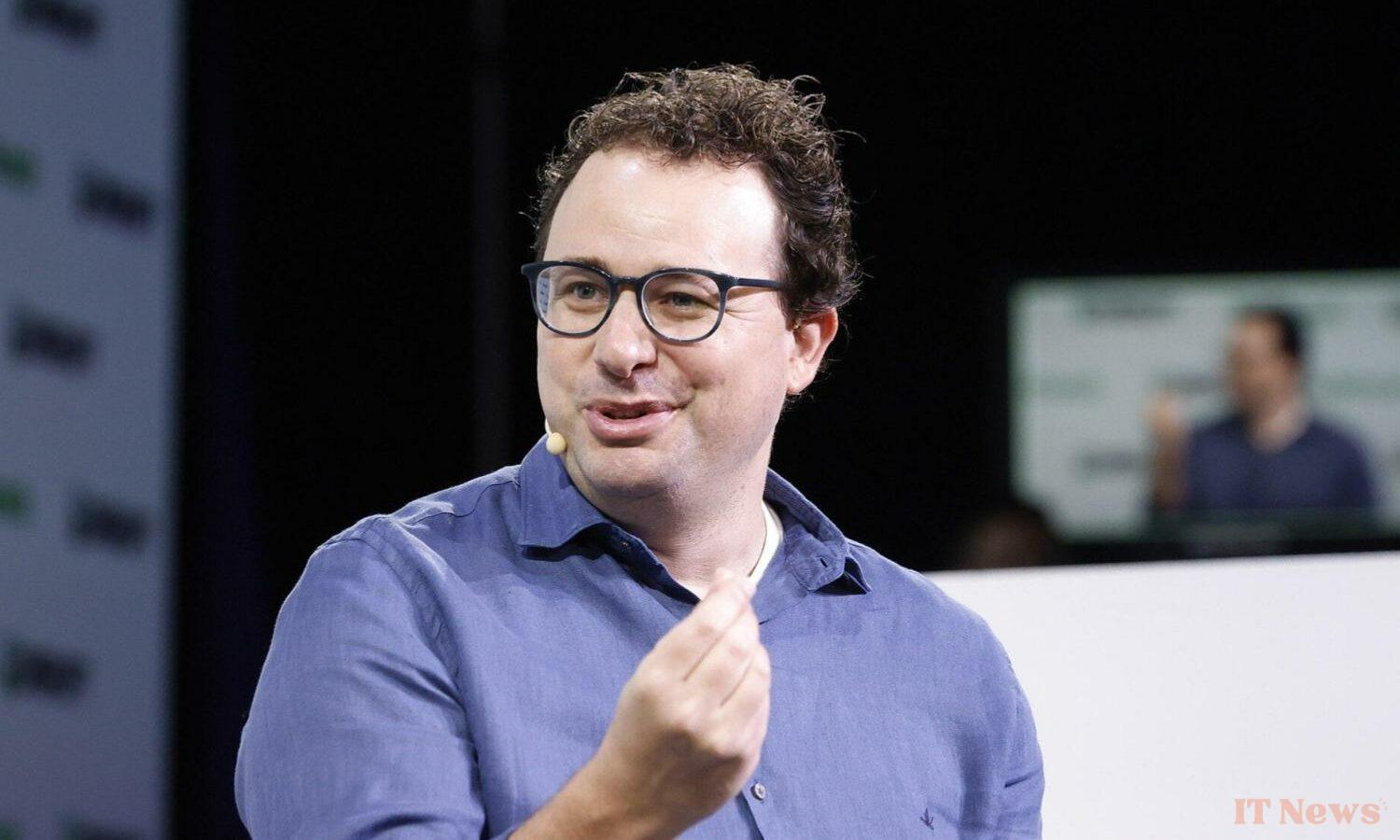The CEO of Anthropic, one of the leaders in consumer AI alongside OpenAI, Meta, Google, and others, recently delivered a particularly pessimistic prognosis: according to him, this technology could deprive a large number of people of their jobs in the very near future, and governments are not yet prepared for such a scenario.
So far, most of the big names in artificial intelligence have tended to be rather reassuring about the future of employment in the era of artificial intelligence. More often than not, industry insiders prefer to assert that AI models are not intended to replace humans.
A short-term employment disaster?
But Dario Amodei, CEO of Anthropic — the company behind the chatbot Claude — has a very different view of the situation. For him, sweetened rhetoric of this kind is tinged with bad faith, even fundamentally dishonest; He doesn't hesitate to deliver a rather harsh analysis of the situation and sides with economists and analysts who anticipate major changes in the world of work.
"AI is starting to outperform humans in almost every intellectual task, and we're going to collectively, as a society, deal with it," he said last week in an interview with CNN. "AI will improve everything everyone does, including what I do, including what other CEOs do."
According to Amodei, the tools developed by his company and its competitors could eliminate half of entry-level white-collar jobs (administration, management, finance, consulting, etc.) in just five years. He estimates that on a global scale, this could result in an increase in the unemployment rate of up to 20% in developed countries whose economies rely heavily on this type of employment.
Some historical precedents
Certainly, this wouldn't be the first time that the emergence of a new technology has had a significant impact on certain professions. From lamplighters to telephone operators and even human calculators, there are a multitude of professional niches that have been driven to extinction by automated systems that are both more efficient and less costly for employers. But according to Amodei, we may be heading for an even greater upheaval, one that could hit many segments of society with unprecedented violence.
“People have adapted to past technological developments,” Amodei adds in his CNN interview. “But everyone I’ve spoken to has told me that this technological development is different: it feels faster, harder to manage, and bigger.”
Some concrete examples seem to support this view. Last month, the CEO of Duolingo, the popular language-learning service, announced that he would be shedding many providers and replacing them with AI-powered tools. A strategy that has earned harsh criticism... but which could well become the norm in certain sectors of activity.
Different opinions
It is important to remember, however, that other experts continue to oppose this particularly alarmist interpretation. Many believe that the rise of AI will not lead to the outright disappearance of all these positions. For them, this technology will transform these activities rather than replace them.
In any case, for humans, the challenge will be adapting to this potential paradigm shift—particularly by learning to use these AI-based tools, which will undoubtedly play an increasingly important role in many sectors of activity. It will therefore be interesting to see how this issue evolves over the coming years; see you in 2030 to see whether Amodei's prediction will come true or not, and how the job market will have evolved by then.



0 Comments